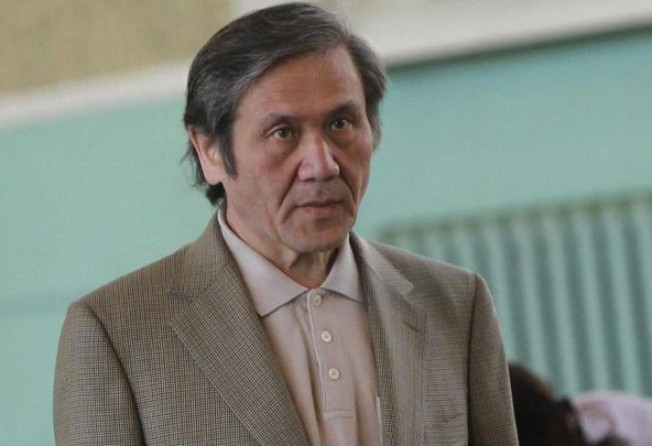Hong Kong banks used to launder cash by Mongolian network
Tens of millions of dollars in corrupt funds moved through the city in an operation linked to country's former president and unrelated syndicates

Hong Kong's banking system is under the microscope. Mongolian graft investigators have discovered that some of the city's biggest banks have been used to launder cash by a network linked to the country's former president Nambar Enkhbayar and to other unrelated syndicates.
Senior investigators said they had evidence shelf companies and bank accounts in Hong Kong and Singapore are a favourite means by which corrupt Mongolians move funds to the US, Britain and the rest of Europe.
A dossier of the evidence linking the banks to the movement of corrupt funds is being prepared and is expected to be handed to Hong Kong authorities soon.
Accounts in at least four banks were involved, they said, with the transactions involving tens of millions of dollars.
"We believe it is money laundering on a grand scale," said one senior official in Mongolia's six-year-old Independent Authority Against Corruption. "And it is still going on. Once we have complete evidence, we will pass it on to Hong Kong for action, as we know money laundering is a crime there. It does seem Hong Kong and Singapore is the chosen route, with funds sometimes used to buy property in the UK, Europe and the US."
The comments follow the jailing of Enkhbayar and three others last month after a trial in Ulan Bator. One charge involved government funds funnelled to two Hong Kong shelf companies via state steel factory contracts. One of those jailed was an Enkhbayar associate who, Hong Kong company records show, is the sole director of the two companies.
Enkhbayar, who served as prime minister and then president for a decade until 2009, told the court the charges against him were groundless. He claims the case is politically motivated, and remains in jail pending an appeal against his four-year jail term.
The IAAC investigators said they were still probing the extent of Enkhbayar's network and that more charges may follow. They also warned that Hong Kong and Singapore were also being used by unrelated syndicates attempting scams in Mongolia's booming mining sector.
Evidence of extensive corruption has surfaced as foreign firms seek access to the land-locked country's coal, gold, copper and uranium riches. One common practice is for Mongolian officials, or their relatives, to obtain licences in the names of offshore firms, only to transfer shares to foreign owners in order to subvert regulations seeking to control trading in licences.
"We are still looking at Enkhbayar's network but it is not just about him. There are many other cases we are uncovering with Hong Kong links," the senior official said. Details of accounts had been unearthed during extensive document searches in Mongolia.
Because Mongolia has no formal law-enforcement or legalassistance pacts with Hong Kong, the IAAC has yet to seek help from Hong Kong officials. The Mongolian consulate in Hong Kong has also yet to comment on the Enkhbayar case, or possible future efforts to seek assistance.
Hong Kong has tightened its rules against money laundering, requiring transactions possibly involving drugs, terrorism or "politically exposed persons" to be reported to the Joint Financial Intelligence Unit, operated by police and customs. Local officials have yet to comment.